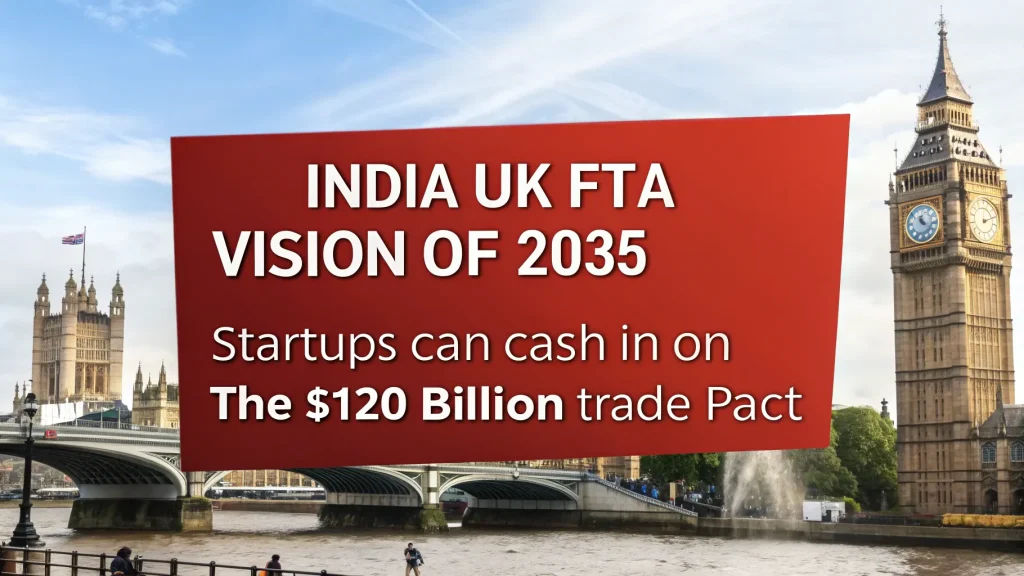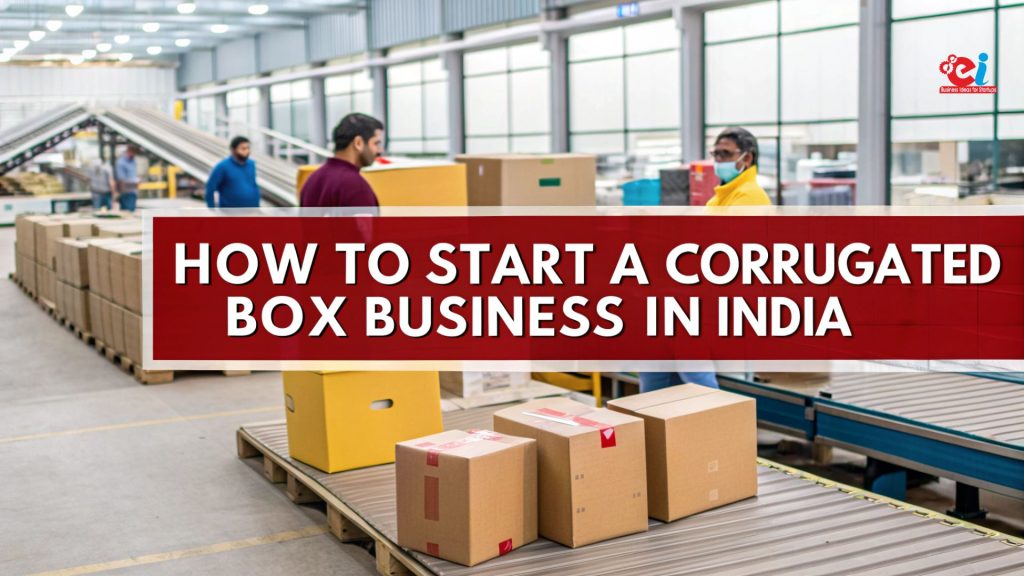The Indian construction and real estate industry is booming, and with it comes a growing demand for high-quality paints and coatings. Starting a paint manufacturing business in India presents a lucrative opportunity for entrepreneurs looking to tap into this fast-growing market. With careful planning, strategic sourcing, and regulatory compliance, you can build a profitable and scalable paint manufacturing unit with relatively modest investment.
In this guide, we cover every essential step to help you establish a successful paint production business in India.
Why Start a Paint Manufacturing Business in India?
India’s paint industry is projected to grow at a CAGR of over 11% in the coming years, fueled by:
-
Rapid urbanization and infrastructure development
-
Rising disposable incomes and improved housing standards
-
Increased preference for decorative and eco-friendly paints
-
Government schemes like “Housing for All” and “Smart Cities” initiatives
The market is divided into decorative paints (75%) and industrial paints (25%), both offering substantial opportunities for new entrants.
Types of Paints You Can Manufacture
Choosing your product line is critical for defining your investment and operational needs. Common categories include:
-
Water-based paints (Emulsions, distempers)
-
Solvent-based paints (Enamels, primers)
-
Industrial coatings (Epoxy, PU paints)
-
Textured or designer paints
-
Eco-friendly or organic paints
Starting with water-based emulsions and distempers is advisable for beginners due to lower toxicity and simpler production.
Market Research and Feasibility Study
Before jumping in, conduct a detailed market analysis:
-
Identify target regions and customer segments (residential, commercial, industrial)
-
Analyze competitors in your area—pricing, product range, brand loyalty
-
Understand seasonal demand cycles (peak season is pre-monsoon and festive months)
-
Evaluate raw material availability and distribution networks
Platforms like NIIR Project Consultancy Services provide industry-specific project reports, feasibility studies, and supplier directories to help plan your business effectively.
Licenses and Legal Requirements
To operate legally in India, your paint manufacturing business must obtain the following licenses:
-
Business Registration (as Proprietorship, LLP, or Pvt. Ltd.)
-
Factory License from State Government
-
GST Registration
-
Consent to Establish and Operate from State Pollution Control Board
-
Trade License from local municipality
-
Fire Safety Certificate
-
BIS Certification (optional but recommended for credibility)
Additionally, compliance with Hazardous Waste Management Rules is essential if your process involves flammable solvents or chemicals.
Investment Required to Start Paint Manufacturing
Your initial investment depends on the scale and product category. A small-scale paint manufacturing unit typically requires:
| Expense Head | Estimated Cost (INR) |
|---|---|
| Land/Lease (500–1000 sq. ft.) | ?2,00,000 – ?5,00,000 |
| Machinery & Equipment | ?5,00,000 – ?10,00,000 |
| Raw Materials Inventory | ?2,00,000 – ?5,00,000 |
| Licensing & Compliance | ?1,00,000 – ?2,00,000 |
| Working Capital (3 months) | ?2,00,000 – ?3,00,000 |
| Total Estimated Investment | ?12,00,000 – ?25,00,000 |
Opting for used or semi-automatic machinery can help reduce costs during the initial phase.
Essential Equipment for Paint Manufacturing
Basic equipment required includes:
-
High-speed dispersers or mixing tanks
-
Ball mills or sand mills (for pigment dispersion)
-
Weighing scales
-
Storage tanks for solvents and emulsions
-
Filling and packing machines
-
Quality testing instruments (viscosity, density, pH)
-
Safety equipment (PPE, fire extinguishers, ventilation systems)
Start small, then upgrade as demand increases.
Raw Materials Needed
The core raw materials used in paint manufacturing include:
-
Pigments (titanium dioxide, iron oxide, carbon black)
-
Binders/Resins (acrylic, alkyd, epoxy)
-
Solvents (mineral turpentine oil, xylene)
-
Additives (dispersants, thickeners, driers)
-
Water (for emulsions)
-
Fillers (calcium carbonate, china clay)
Always purchase from ISO-certified chemical suppliers to ensure product consistency and safety.
Production Process: Step-by-Step Overview
-
Raw Material Weighing and Charging – Accurately weigh pigments, binders, and solvents.
-
Mixing and Grinding – Mix materials in dispersers or mills to create a uniform slurry.
-
Thinning and Tinting – Adjust viscosity, color, and flow properties.
-
Filtering – Remove impurities or large particles.
-
Packaging – Fill into pre-labeled cans, pails, or drums.
-
Storage and Distribution – Store in dry, ventilated warehouses and ship to dealers/distributors.
Staffing Requirements
Start with a small team of 5–10 employees, including:
-
1–2 chemical technicians
-
1 production supervisor
-
2–3 machine operators/helpers
-
1 packaging assistant
-
1 administrative/marketing executive
As production scales, hire additional quality control and logistics personnel.
Marketing and Distribution Strategy
To build your brand and customer base:
-
Develop a distinctive brand name and logo
-
Create visually appealing packaging
-
Establish a dealer/distributor network in key cities and towns
-
Offer starter kits or sample packs to retailers
-
Promote through local newspapers, wall paintings, and digital ads
-
Create a basic website and list your brand on eCommerce and B2B portals
Offer training and promotional support to dealers to encourage loyalty.
Sustainability and Safety Practices
Paint manufacturing involves chemicals and waste. Follow these practices:
-
Install effluent treatment systems
-
Provide PPE to workers
-
Store flammable chemicals in fireproof rooms
-
Conduct regular fire and spill drills
-
Ensure ventilation and fume extraction systems are functioning
-
Follow ISO 14001 and OSHA guidelines for environment and workplace safety
Government Support and Subsidies
You may be eligible for:
-
MSME loan schemes under CGTMSE
-
Capital subsidy for plant and machinery under various state policies
-
Technology Upgradation Fund (TUF)
-
Export assistance under DGFT for overseas markets
-
Startup India and Make in India incentives
Approach your District Industries Centre (DIC) or consult with a chartered accountant for more guidance.
Future Trends in the Indian Paint Industry
Smart entrepreneurs should stay ahead of industry trends such as:
-
Rise of eco-friendly and non-toxic paints
-
Anti-bacterial and dust-resistant paints
-
Water-repellent and self-cleaning exterior paints
-
Increased use of automation and AI in manufacturing
-
Growing demand from Tier-II and Tier-III cities
Aligning your business with these trends will ensure sustained growth and profitability.
Final Thoughts
Starting a paint manufacturing business in India can be highly rewarding if executed with precision, compliance, and smart marketing. The sector promises high margins, expanding demand, and vast product innovation potential. Begin with thorough planning, start lean, and scale smartly as demand grows.






